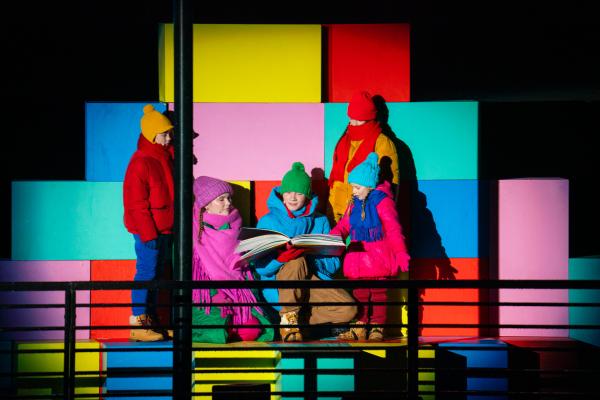Project summary
The European Capitals of Culture (ECoC) initiative is increasingly focused on peripheral regions, engaging their hinterlands and extending the impact beyond the city limits. ECoCs and their legacies are powerful tools for driving regional development across Europe.
The preparations for and execution of an ECoC year demand significant effort from both the city and surrounding municipalities. This collaborative process fosters unprecedented inter-sectoral and territorial cooperation, enabling communities to achieve what once seemed impossible.
A key challenge for ECoCs is sustaining this momentum and replicating this success with regional stakeholders—municipal leaders, regional developers, and culture and tourism experts—beyond the spotlight year. The question is: how can we maintain this energy, and what are the most effective approaches and mechanisms for leveraging the legacy of ECoCs to achieve long-term regional development?
The ECOC Echo project aims to:
-
Enhance the role and capacities of regional stakeholders as amplifiers of ECoC legacy.
-
Improve the effectiveness of approaches and initiatives that support the utilization of ECoC legacy.
-
Promote knowledge sharing and collaboration among ECoC cities across Europe, establishing a network of learning and exchange.
The project brings together ECoCs from:
-
Leeuwarden 2018 (Netherlands)
-
Novi Sad 2022 (Serbia)
-
Veszprem 2023 (Hungary)
-
Tartu 2024 (Estonia)
-
Chemnitz 2025 (Germany)
-
Oulu 2026 (Finland)
-
Liepaja 2027 (Latvia)
-
Evora 2027 (Portugal)
-
Bourges 2028 (France)
The project also includes regional authorities to influence and have real policy changes:
-
Association of Tartu County Municipalities (Estonia)
-
National Development Center (Hungary)
-
Council of Val de Loire Regional Center (France)
-
Intermunicipal Community of Alentejo Central (Portugal)
-
City of Chemnitz (Germany)
-
City of Novi Sad (Serbia)
-
City of Oulu (Finland)
-
City of Liepaja (Latvia)
